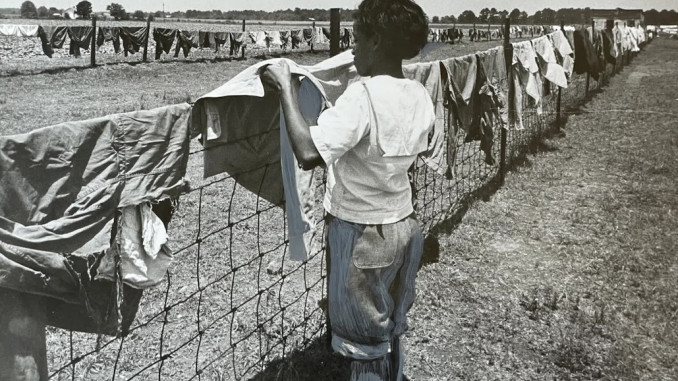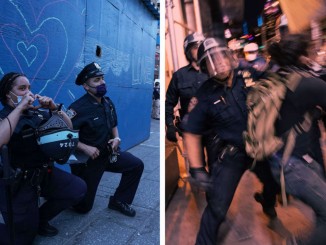
On November 17, 1969, the Alabama Journal quoted U.S. Justice Department attorneys who were investigating the Alabama Industrial School for Negro Children: “[S]chool officials administer corporal punishment ‘freely and excessively to the juveniles confined there at the unfettered discretion of the various staff members.’” The Justice Department was intervening in a lawsuit against the institution alleging that the school, better known as Mt. Meigs, did not exist for educational or reform purposes, but instead as a penal colony profiting off the forced labor of children.
In the podcast series Unreformed, host Josie Duffy Rice explores the history of the Mt. Meigs institution and speaks to several of the survivors of the school’s brutal conditions. Duffy Rice is a journalist with a law degree whose previous work also addresses prisons and policing. She focuses her story on the school’s circumstances and legal challenges in the 1960s, when Alabama’s politicians and law enforcement officers were desperately fighting to maintain the codified white supremacist system of segregation and Jim Crow. Mt. Meigs was originally founded in the early 1900s as a reform school operated by Black philanthropists, but by the Civil Rights Movement era, it had become a state facility where boys were forced to pick 100 pounds of cotton daily, girls were raped by the male staff, and all children were subject to recurring physical and psychological torture.
Podcast listeners hear from Lonnie Holley, a world-famous artist with work in the Smithsonian and National Gallery, about his incarceration as a child at Mt. Meigs as punishment for breaking curfew and the lifelong trauma he has endured. We also hear interviews with Mary, who was caught shortly after her escape from Mt. Meigs and demanded to speak to a correctional officer about the institution’s conditions. Duffy Rice and various interviewees detail how Mary’s action prompted an unlikely a chain of events that led to the lawsuit that would eventually order the school to integrate.
Hearing first-hand accounts of those who remember their subjugation to a child slave camp and torture facility offers some hope that even the most brutally enforced oppression can be survived. But Duffy Rice also reminds us that a tragically disproportionate portion of people released from Mt. Meigs later ended up on life sentences or on death row, and that while Mt. Meigs’s very worst offenses may have ended, it still houses Black children nearly exclusively.
Unreformed: The Story of the Alabama Industrial School for Negro Children offers a compelling opportunity to keep engaging with Black history as February ends. The final episode of the eight-part series will be released on Wednesday, March 8




